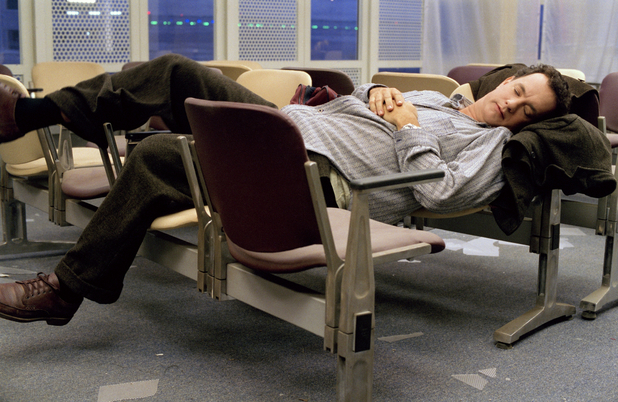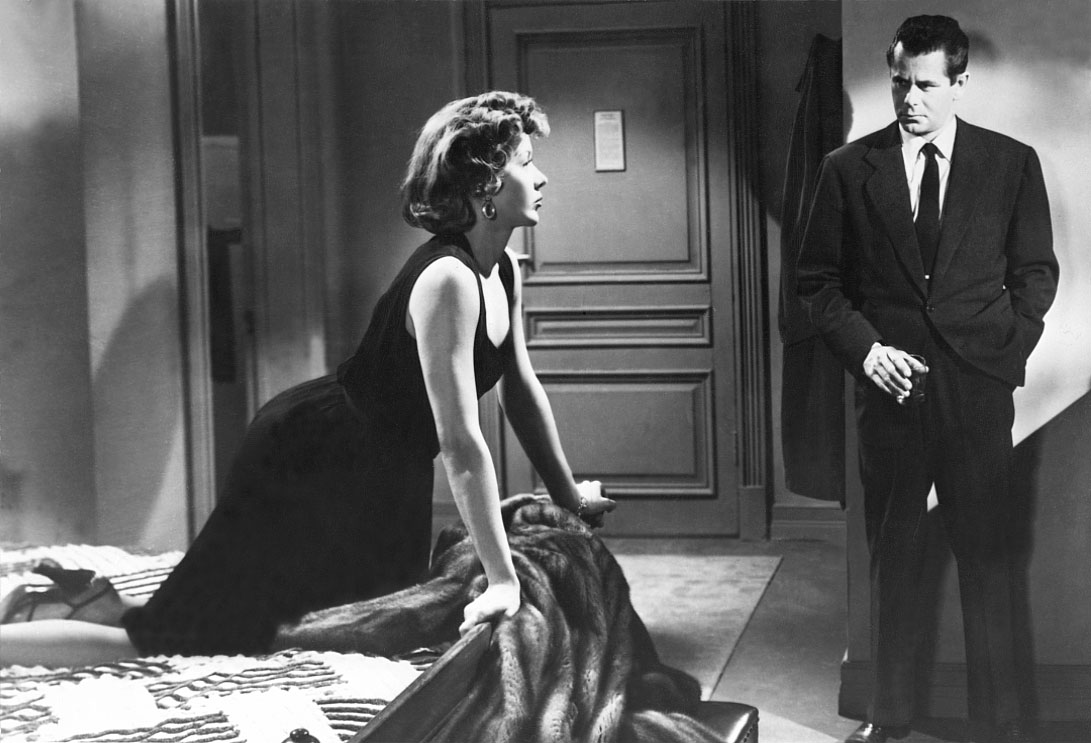#369 - The League of Extraordinary Gentlemen
Stephen Norrington, 2003

At the turn of the 20th century, a handful of adventurous characters taken from various works of Victorian literature are recruited in order to fight against a masked terrorist.
The League of Extraordinary Gentlemen has a lot going against it. Made in 2003 (not the best year for comic-book movies, as this thread will attest), it was reportedly so bad that not only did source author Alan Moore denounce it and all other subsequent cinematic adaptations of his work but the troubled production also made director Norrington and leading man Sean Connery retire from the film business completely. As with
Watchmen and
V For Vendetta (which I liked and disliked respectively), I had read the source material beforehand (or at least the first two volumes included in the Omnibus edition - still haven't finished the text in the back) and had enjoyed its premise where characters from various works of primarily speculative fiction crossed paths and got into all sorts of adventures, plus Moore was willing to indulge the same cynicism he showed towards superheroes in
Watchmen by making the "heroes" of his piece incredibly flawed and sometimes despicable (most notoriously the Invisible Man being a serial rapist). The film version neuters its source considerably in order to chase a PG-13 rating and there is quite a lot wrong with it, but all things considered I actually sort of liked
The League of Extraordinary Gentlemen despite its many shortcomings.
Trying to pack in the assembly of its team does take a bit of time, especially when there are two new characters thrown into the mix (along with Allan Quatermain, Mina Murray (née Harker), the Invisible Man, Dr. Jekyll/Mr. Hyde, and Captain Nemo). While Dorian Gray makes for a reasonable enough choice, Tom Sawyer stands out like a sore thumb thanks to not only his status as a token American in a British adventure movie but also thanks to his forced "surrogate son" relationship with Quatermain and him being one of several male characters who have some romantic and/or sexual interest in Murray. The characterisation is a bit haphazard - Quatermain and Nemo are played reasonably well by Connery and Naseeruddin Shah respectively (and to a lesser extent Jason Flemyng does alright playing both Jekyll and Hyde given the rather goofy way in which the film frames the duo's struggle against one another), but the other actors don't leave much in the way of favourable impressions as their internal conflicts and relationships are glossed over in favour of steampunk spectacle. It's a shame because that was what really made the comics work so well (though it was no slouch when it came to action). But no, this is 2003, and all that year's available comic-book nuance got used up while making
Hulk.
That wouldn't be such a problem if the film had some decent action, but it's not hard to see just how badly the effects have aged over the past decade or so. CGI-heavy sequences such as a city being levelled or every appearance of Nemo's submarine don't hold up, but the film's attempts to use practical effects aren't much better. The most notable example is the transformation of Jekyll into Hyde (and vice versa), which is accomplished through a series of prosthetics where cuts are disguised by flashes and a lot of moving around on both sides of the camera, resulting in some bad-looking work. While I'll give the film some credit for attempting to adapt as much of the comic into a two-hour film as possible through a brand-new story that mixes and matches elements of the two volumes I mentioned earlier, it sacrifices a lot of the source's most charming elements and fails to compensate for them adequately. In its own way, it's a good companion piece to
Hulk in that it was something of a failure in its own right but definitely laid some groundwork for Marvel's much more popular and acclaimed works. While a lot of the film feels like a mess of problems that can't quite cohere in a way that makes sense, there are bits and pieces that hint at a good film and that is why I can't bring myself to truly hate it. I have a small measure of hope that it will get the reboot it deserves, but time will tell on that front.






 must come more often as catching up can take a while when you watch a movie a day
must come more often as catching up can take a while when you watch a movie a day 



